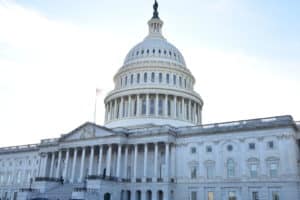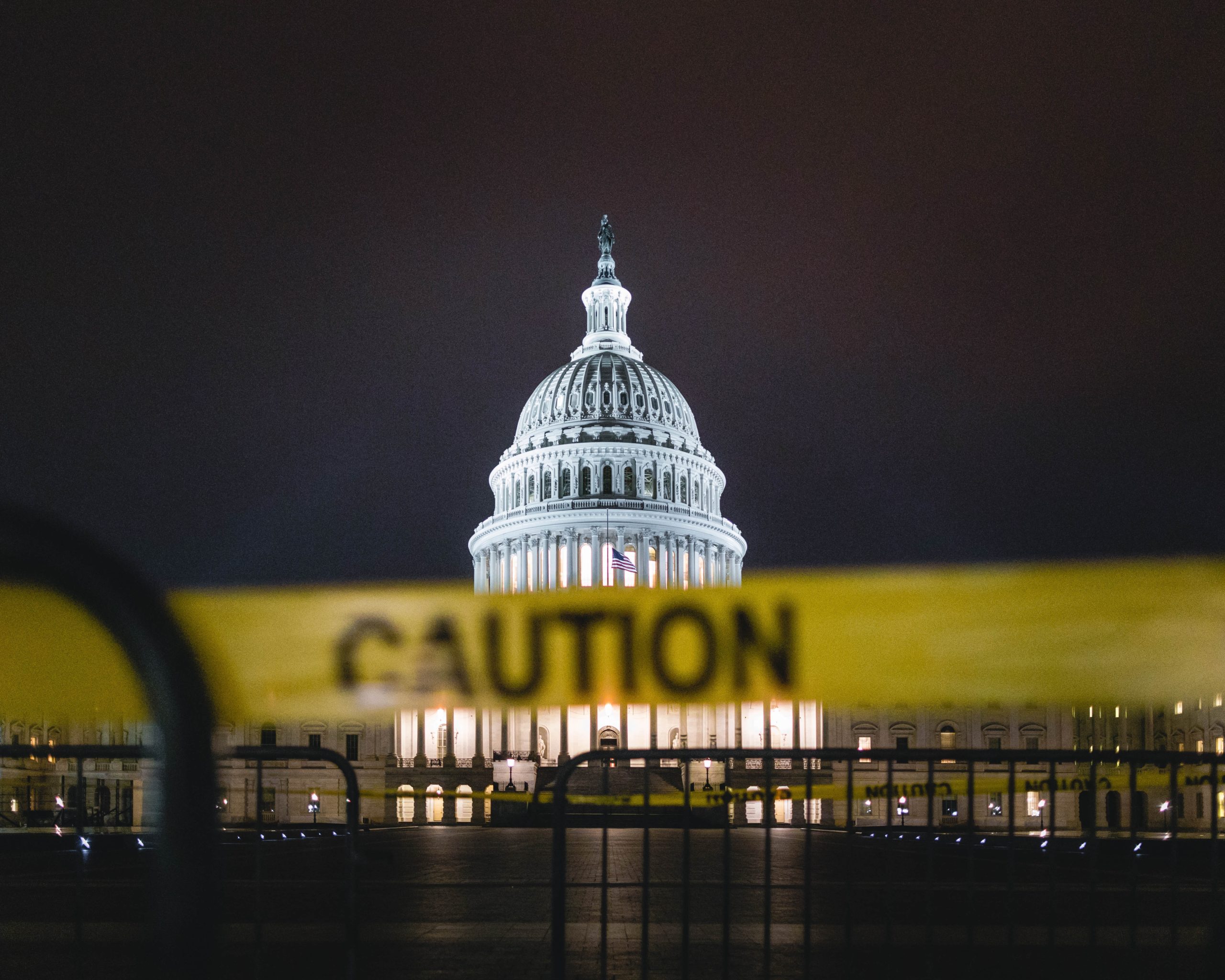
“Crypto is doing more harm than good to our society.”
That’s according to Duke Law professor and crypto skeptic Lee Reiners, speaking Tuesday in a hearing before the Senate Banking Committee. It’s a sentiment gaining momentum in recent months, as U.S. lawmakers look to understand what led to the dramatic implosion of crypto exchange FTX.
At a hearing titled “Crypto Crash,” taking place at the outset of a new Congress, it’s a core question: What is crypto good for, anyway?
While Reiners represented the skeptics, boosters like Linda Jeng, who leads policy efforts at the Crypto Council for Innovation, and Yasha Yedav, a professor at Vanderbilt Law, were left to stick up for crypto’s pro-social use cases.
Jeng noted crypto’s massive potential for “consumer empowerment.” Yedav pointed to the U.S.’s archaic payments infrastructure and citizens lacking “access to the full panoply of financial services.”
The Banking Committee holds legislative sway over financial services and, depending on who you ask, somewhere between “most” and “all” of the crypto market. And it’s a committee that’s long featured Senators suspicious of crypto’s claimed social benefits.
According to Committee Chair Sherrod Brown (D-Ohio) crypto is “an industry that was created to skirt the rules.”
Republicans blame regulators
Most of crypto’s defenders on the committee came from across the aisle.
Sen. Tim Scott (R-S.C.), who recently replaced the retired Pat Toomey (R-Penn.) as the lead Republican on the committee, cast blame on Gary Gensler, who chairs the Securities and Exchange Commission (SEC) and haunts the dreams of compliance teams throughout the crypto industry. By Scott’s testimony, Gensler is also “the elephant in the room” when it comes to the crypto crash.
The SEC’s role, particularly in the November collapse of crypto exchange FTX, is central, argued Scott. During his tenure, Gensler has pushed back on the need for legislation, claiming that he has the authority – but not the funding – to regulate properly. The hearing comes as the SEC blazes new trails on its alleged “war on crypto,” this time targeting New York–regulated Paxos for its role in the Binance-linked BUSD stablecoin. That’s in addition to recent action against crypto exchange Kraken and its custodial staking product.
Republicans are traditionally hostile to federal regulators writ large, so maybe it all checks out. But these days, even Gensler’s allies are pressing for clear laws on crypto.
Brown, the leading Democrat on the committee, himself proposed a “comprehensive framework” contingent upon new legislation, though he kept terms broad.
Reiners, also a Gensler ally, advocated for a law that gave the SEC full jurisdiction over crypto markets, cutting out the Commodity Futures Trading Commission (CFTC). But such a proposal is remote.
“Gary Gensler has said Bitcoin’s a commodity. The CFTC has said it’s a commodity,” Sen. Cynthia Lummis (R-Wyo), a longtime crypto advocate, told Unchained. “Everybody agrees Bitcoin’s a commodity so it should be over at the Commodity Futures Trading Commission.”
Party lines?
Generally, Democrats seem to think Gensler should be crypto’s top cop. “I think Chair Gensler’s doing a really good job,” Sen. Chris Van Hollen (D-Md.) told Unchained on the sidelines of the hearing. Still, Van Hollen expressed doubt that there’s a way of regulating the industry that will offer more protections than “buyer beware.”
When asked about the SEC’s proper role, Sen. Bob Menendez (D-N.J.) said “it’s a little premature for me to give you the answer. I’m trying to figure that out.”
Meanwhile, Republicans, led by Scott, were more overt in blaming regulators.
“What we have in this market is opaqueness and lack of clarity,” said Sen. Bill Hagerty (R-Tenn.). “[Crypto firms face] a looming threat that the SEC or the CFTC after the fact might decide that they don’t like what you did yesterday.”
Our prediction
On some level, new law is almost unfathomable.
Despite growing interest in crypto law, the new Congress is split between parties. With the Senate under Democratic control and the House under Republicans, all proposals face a gridlock that no crypto bill of any breadth has yet breached.
The bill that seemed, up until November, to have the best shot at doing so was one before the Senate Agriculture Committee and aimed to build out CFTC jurisdiction over some crypto spot markets. However, that bill received highly visible backing from FTX itself, leaving lawmakers suspicious of other legislation touching the whole industry.



